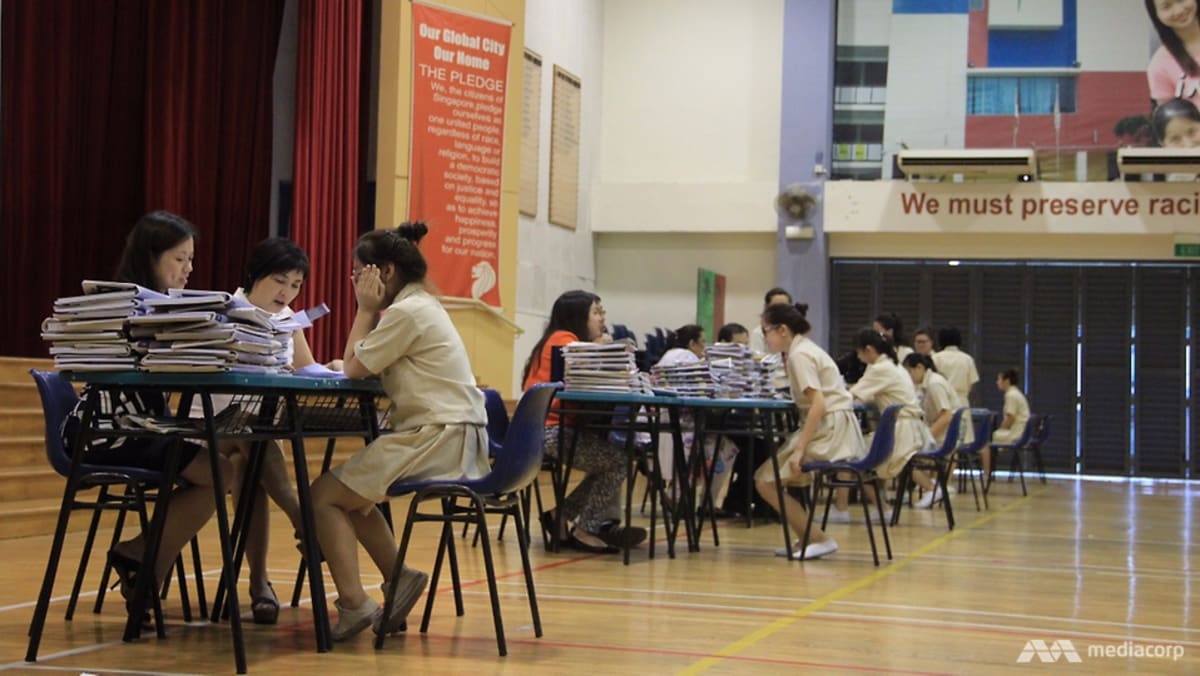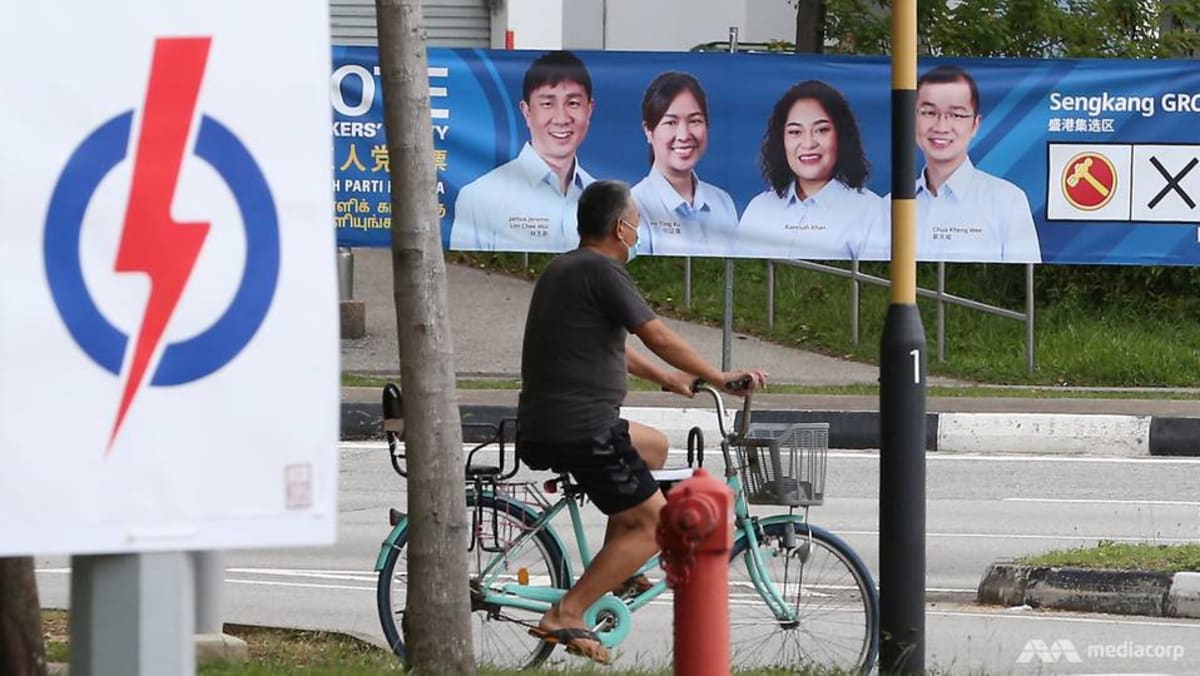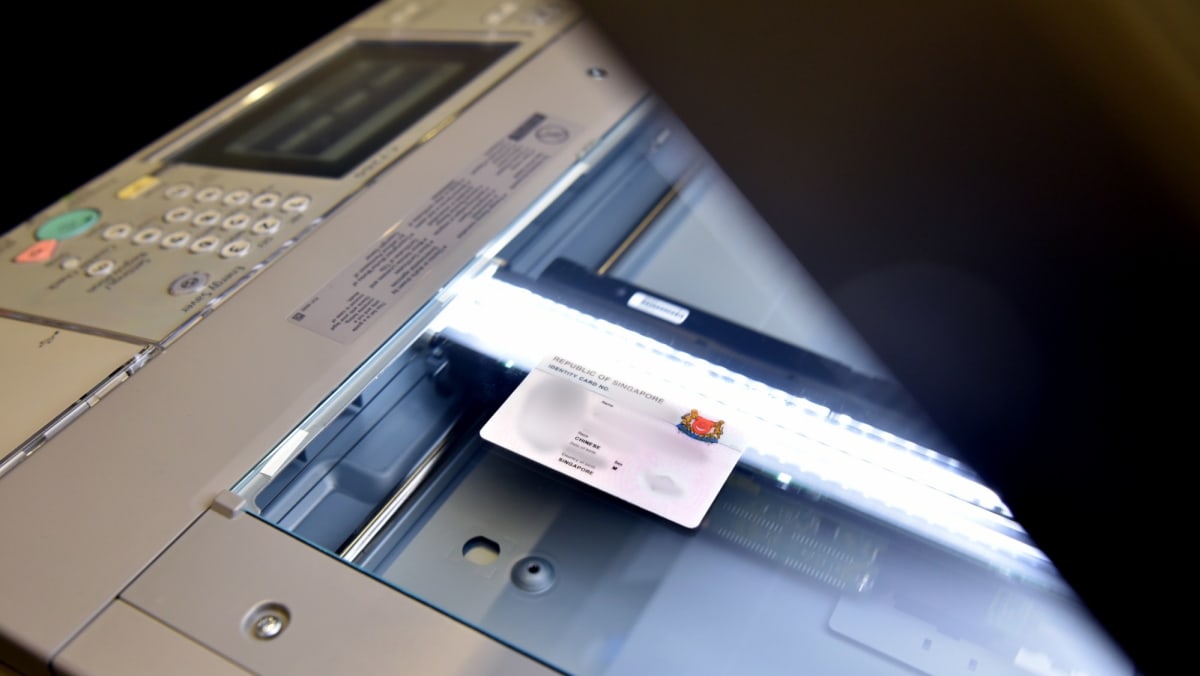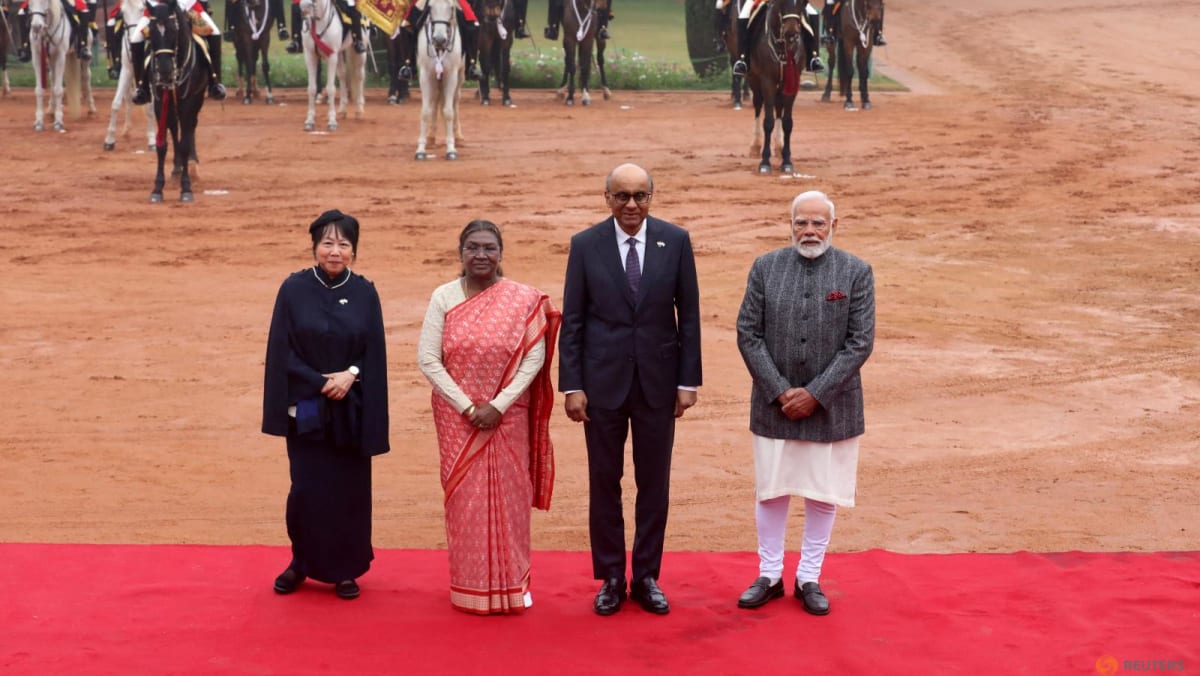Agreeing, Mr Yeo Zong En, a 21-year-old student said: “The echo chamber (on social media) is apparent, and I also notice the algorithm at play. I sometimes am conscious of how much I interact with certain content, because I know that they will feed me more of it if I engage with it.”
When he is uncertain about the factual nature of information he chances upon on social media, Mr Yeo said he would double up on his research online, and cross-reference against other sources.
He also makes sure not to share or re-share content that he is uncertain about, or when he cannot verify its authenticity.
Still, while most users know of the importance of having good online hygiene, they also acknowledge that in reality, it is not always as easy to put these ideas into practice.
A 29-year-old communications executive who only wanted to be known as Sean said that he does notice certain social media platforms, like X, getting “messier” in recent years.
While he used to receive content he was interested in, he noticed that he is increasingly being fed tweets or information even from accounts he does not follow.
“It’s so messy. There is too much information, and it can be over-stimulating,” he said.
He tries to do his part to call out or correct posts online, if he sees something that is “off” or inaccurate.
He will also check if a certain piece of information has been reported by credible media publications. He even goes so far as to ring up government ministries and agencies to clarify information, if a social media post he comes across pertains to government communications.
But even for the diligent, some misinformation is not so easy to catch.
It may not be as easy to discern fact from fiction in cases where, for example, old videos are later reshared on social media platforms without context or timestamps.
There are concerns that constant exposure to this type of harder-to-detect misinformation – even if seemingly innocuous at first – might lead to a drip-feed effect, where users slowly buy into the narratives that they keep getting fed.
Dr Ahmed from NTU said: “I do not think leaving harmful content online in favour of ‘freedom of speech’ is okay as it risks normalising and amplifying damaging ideologies like misogyny, racism, or homophobia.”
All things considered, experts said that the way forward is to advocate for international cooperation and unified global regulatory frameworks to keep social media firms accountable.
Dr Ahmed said: “While promoting media literacy is essential, the responsibility cannot solely rest on individual users to discern good from bad in a flood of complex, misleading, or toxic content.
“Social media companies undeniably wield significant power due to their global reach and extensive user base. While policymakers face challenges in regulating these firms, they are not entirely powerless.”
Social media companies prioritise business interests and are unlikely to stray too far from the preferences of policymakers, particularly in key markets and regions, he added.
Governments can thus leverage this dependency to adopt a combination of regulatory and cooperative measures.
RSIS’ Mr Ang said: “Countries may need a new form of diplomacy to influence global social media companies through a mixture of negotiation, incentives and penalties, which can work if the companies value the relationships or markets enough.”
Beyond individual countries’ regulatory frameworks, international coordination will be key to establishing unified regulatory frameworks that prevent companies from exploiting country-specific regulatory gaps, said Dr Ahmed.
Such a collaborative approach would create consistency across jurisdictions and reduce the risks of evasion, he added.
Mr Lio, the content creator and social media strategist, said while the landscape does not seem that promising, he wishes that social media platforms could stay independent.
“We live in an age where we are all having important social conversations online. If social media platforms become closely aligned to specific political parties, politicians or ideologies, how do we know that they are not censoring information that doesn’t benefit them and pushing information that does?” he said.
“It shouldn’t be a place where every time there is a new politician in power, a new term, a new presidency, basically the whole landscape changes and benefits whoever the person in power is at the time.”













